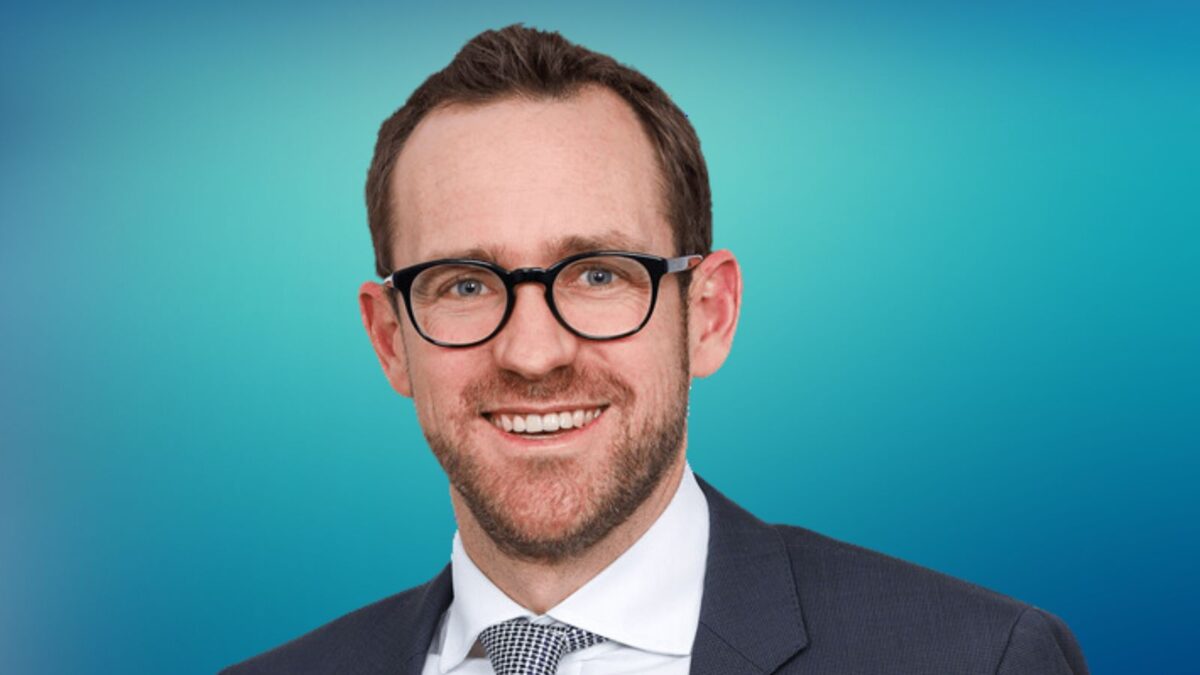What investors are missing about EMD
Emerging markets have languished for more than a decade, and it’s easy to forget that the story of growth that first propelled them into institutional portfolios still holds true – albeit with plenty of ups and downs.
Back in 2012 economic growth was very strong in emerging markets, but many countries had overborrowed and were running large current account deficits that were easy to finance because liquidity was still loose globally. But drawn by that economic story – and a fair amount of momentum – the flows continued.
“People got in there and then really struggled, getting into emerging market debt (EMD) and local currency EMD when the dollar was at one of its weakest levels,” Grant Webster, co-head of emerging market sovereign fixed income at Ninety One, tells ISN. “And what followed was 10 years of the opposite; the dollar strengthening, while policy mostly remained loose.”
But the ensuing ructions gave rise to a dynamic that has since aided EM countries, and EMD is back in the hotseat.
“EMs were forced to rebalance their economies; they couldn’t run those deficits, whether they were current account or big fiscal deficits, and so they began to tighten and turn the tide and going into Covid they were in a much stronger position to cut rates,” Webster says,
“When you’re vulnerable and there’s a big risk event or a global shock you often need to hike rates to defend your currency. But they eased them very aggressively. And what was even more impressive is that when we started to see all that inflation come through as a result, they began to hike. They were quite pre-emptive in doing so.”
By the time the Fed joined the party EM countries had on average hiked by 200 basis points, establishing an even bigger buffer – and bigger real yield – against US rates, and have performed very well as a consequence.
“What’s missed in the market is that in 2022, when inflation was picking up and yields were rising and returns were weak, EM returns – while weak – were outperforming global fixed income. Notwithstanding Russia’s invasion of Ukraine, which led to their debt essentially being written off. The rest of EM performed very well in 2022.”
And while EM countries are rarely thought of as poster children for financial responsibility, it’s the developed markets that really cracked open the piggybank during Covid – with heavy consequences for their budget bottom line.
“Both the fiscal and monetary policy dynamics in EM have been well contained and set it up well. In 2020 during Covid Mexico ran a four per cent fiscal deficit; Turkey, South Africa, central Europe all ran deficits of between four and six per cent. The US ran a roughly 13 per cent deficit, and an eight per cent deficit last year. They’ve demonstrated quite a conservative bent, which goes by the wayside – nobody picks up on it. It’s a lot more encouraging than it’s looked over the past 10 years.”










